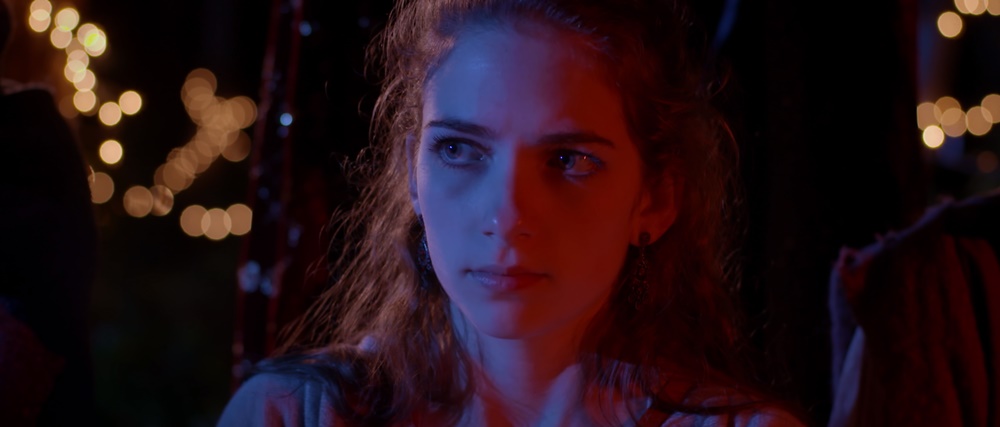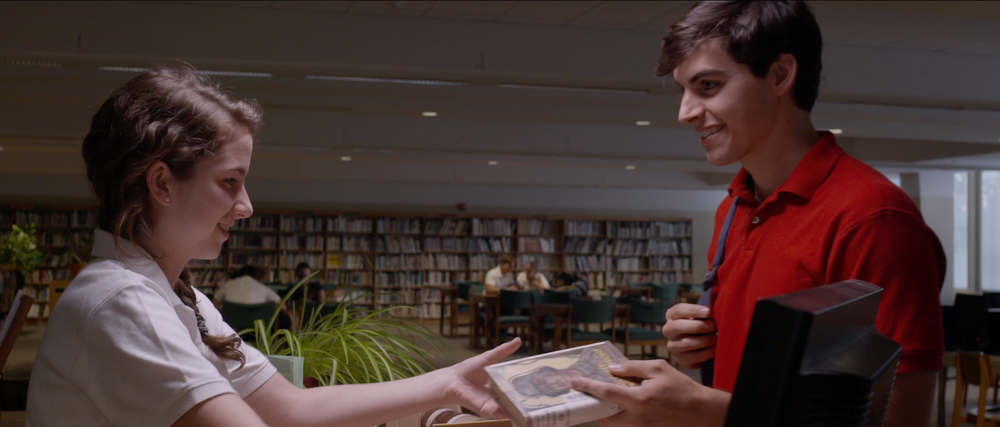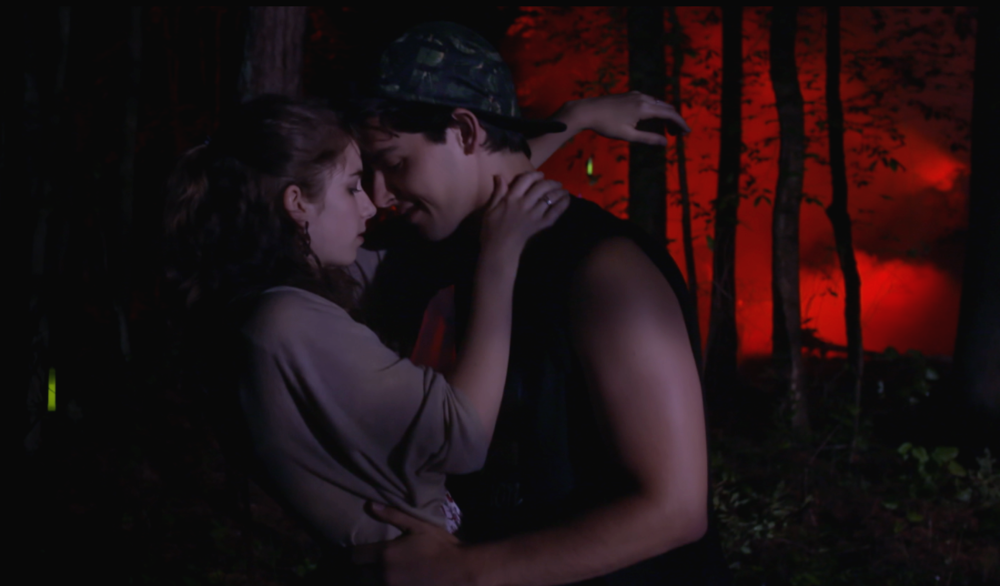Trigger warning: rape and sexual assault
When I took fiction writing as an undergrad, the male grad student teaching the course complained that all girls ever wrote about was rape, that he was tired of it. “Wasn’t there anything else to write about?” he asked as he looked at the women in the room. As he ranted, I curled the page edges of my story I loved — which was about rape. I remember the power of writing a sentence about grass between my toes, the first time my imagery sang in my own head. My story was a young writer’s story as she tried to make sense of power dynamics and gender restrictions.
When I watched Dana Brawer’s short film The Red Card, I had two responses. First, I thought to myself, ANOTHER film that relies on the trope of rape? And then I checked myself. Why on earth would I think that? As if the world doesn’t need to hear another story about rape? My second response was to remember that blustering idiot teaching my class and shutting down my voice as I started to dip my toes into an art, much as Brawer is doing now with her thesis film. So I am grateful there’s a new film about rape. Let’s keep making them and ensuring the stories of rape survivors aren’t silenced.
Sam is a semi-geeky, comic-book-reading girl on the periphery of the highly charged sexual popular clique at a private school. She speaks to the young adult for whom this film was intended, and I certainly would have connected with her as teen. Brawer writes:
“Too often, stories about high school fall into cliché. They’re campy, corny, romantic, perhaps inspiring, but few of these films touch upon the deeper and secretive pains felt by high school students. These formulaic scripts about both boys and girls chasing an unrealistic ideal of love don’t begin to show the truth about the confusion and exploration of self that signifies such an important developmental time, and I’ve grown tired of coming of age stories that can be misleading to teens and young adults.”
And she’s right. The saccharine crap fed to young adults in the theaters is demeaning to the experiences of that population, and a film that speaks to them on a mature level is greatly needed.
Sam gets invited lured to a party in the woods where girls are hunted. If they are caught, they belong to the group of drunk teenage boys hoping to get laid, with or without consent. The party scene in the woods is an eerie red, making me wonder if there was going to be some kind of horror element.
When Michael begins to kiss Sam, she likes it. Then when he pushes further, she doesn’t and expressly says so. I wondered if there was going to be an element of Teeth, a vagina dentata or some other kind of intercession. But there isn’t. Her knee does the work to get him off of her.
The most interesting part of the movie is the set of scenes after the assault scene. Sam has to return to school where Michael attempts to apologize — perhaps — by giving her the sweater she left in the woods. All of the other students are looking at her. She has to figure out how to live in this new world where everyone is talking about her — after living a quiet teenage life of library work and comic books. Watching a young adult have to navigate the social stigmas of rape and sexual assault in a small high school community is what pushes this film past the danger of falling into a trope that some filmmakers use as an easy way to tell women’s stories. By complicating Sam’s response, Brawer offers something new, which is what we should be asking our younger filmmakers to do.
[youtube_sc url=”https://youtu.be/JVwoHWuYSYA”]
Colleen Lutz Clemens is a Bitch Flicks staff writer and assistant professor of non-Western literatures at Kutztown University. She blogs about gender issues and postcolonial theory and literature at http://kupoco.wordpress.com/. When she isn’t reading, writing, or grading, she is wrangling her two-year old daughter, two dogs, and on occasion her partner.


